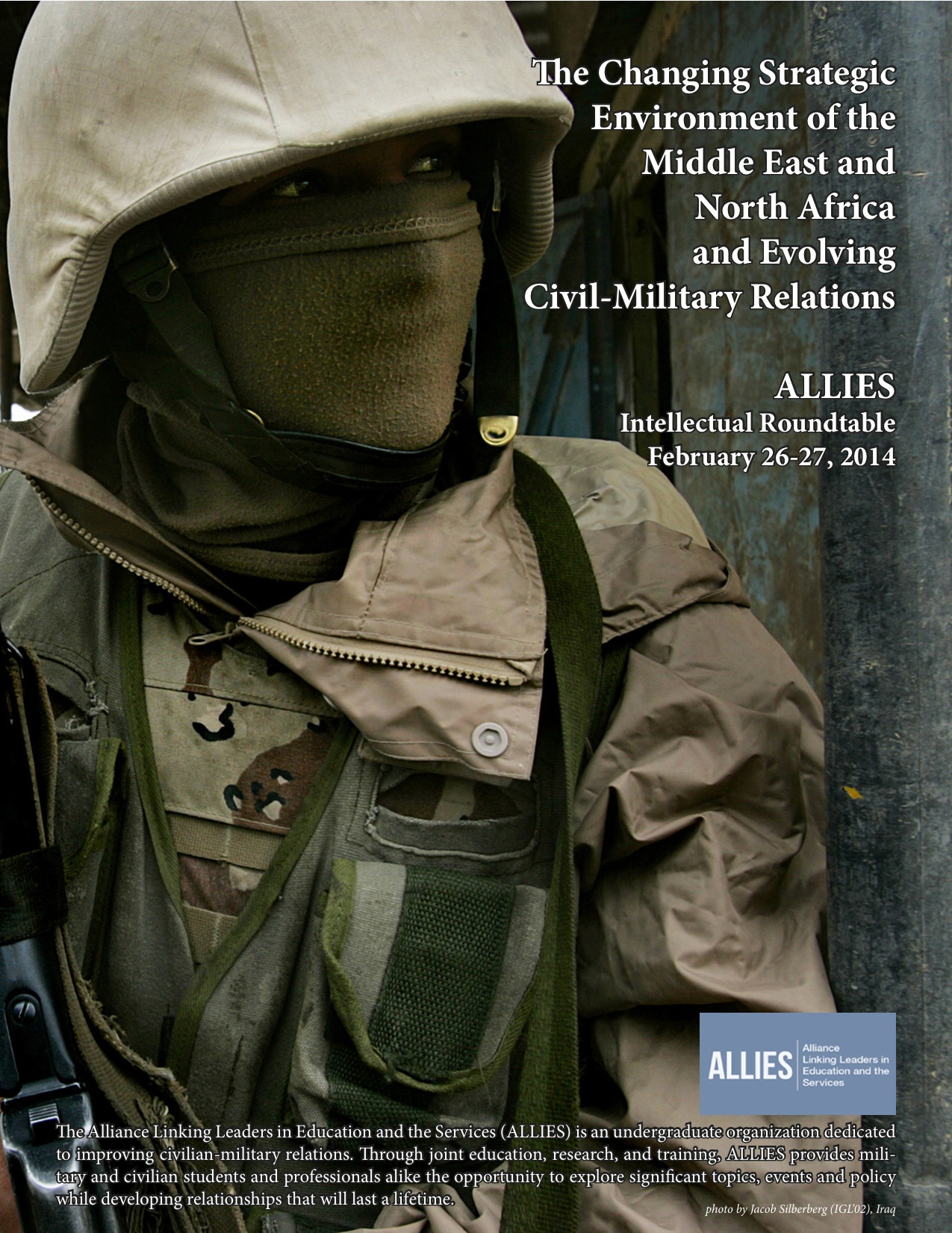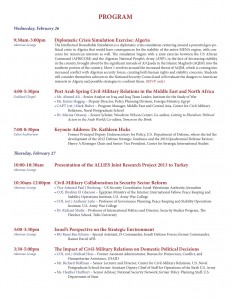Visiting Professor Chibli Mallat works with Law and International Development Society and his students to publish study on Bahrain’s constitutional options
April 13, 2011 – Cambridge, Mass. – Responding to early efforts to resolve the political crisis in Bahrain by key leaders of the nonviolent opposition movement and ranking officials in the U.S. State Department, a team of 22 students from Harvard Law School and other graduate schools have worked with Prof. Chibli Mallat, Custodian of the Two Holy Mosques Visiting Professor of Islamic Legal Studies at HLS, to complete a detailed study on critical issues in the Bahraini constitution, possible options for reform, and language for potential amendments. The essay, “Constitutional Options for Bahrain” was published April 12, 2011, in the Virginia Journal of International Law Online. The background papers are available at http://tinyurl.com/3w59hlb.
The joint effort was initiated by Prof. Mallat when he spoke at the LIDS Allen & Overy Speaker Series. The study, which encompasses seven background papers, includes contributions from students in the Harvard Law and International Development Society and Prof. Mallat’s classes. Students worked in teams to address issues ranging from the role of the executive to comparative examples of transition to constitutional democratic monarchy. The project, intended to provide technical advice that would inform a compromise solution and offer an entry point for dialogue in Bahrain, was distributed to opposition leaders and the U.S. Department of State.
On March 15, 2011, the King of Bahrain declared a three-month state of emergency. Plans to publish the study in Arabic in Bahrain’s sole independent newspaper, Al Wasat, were impeded when the government shut down the publication and forced the editor-in-chief to resign.
In the words of Jason Gelbort, incoming Co-President of LIDS and co-author of the study: “For me, this project is a great example of what LIDS does: real life legal work, collaborative across schools and the world, a learning experience for students, and most importantly working to forge change for good.”



